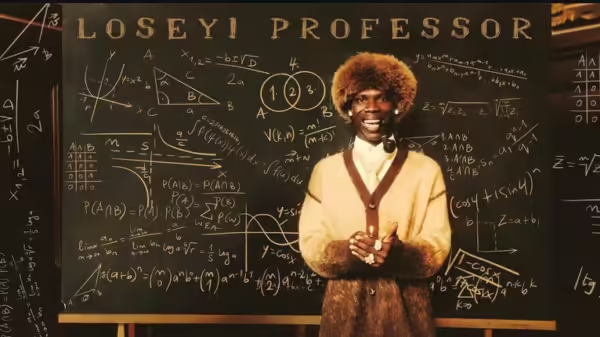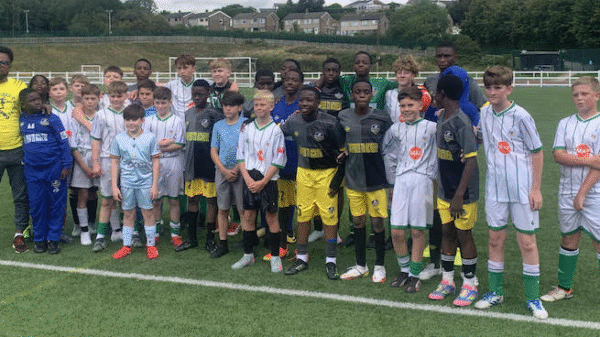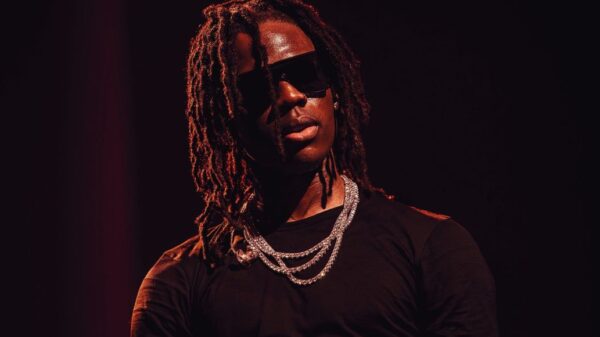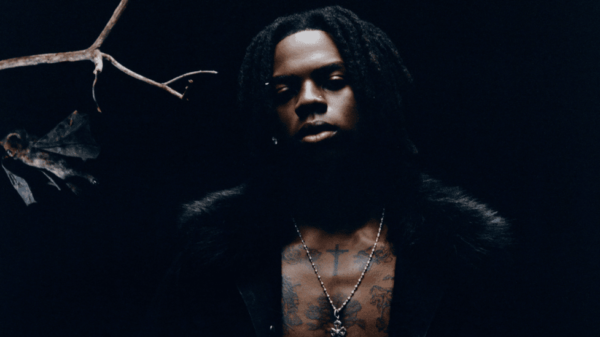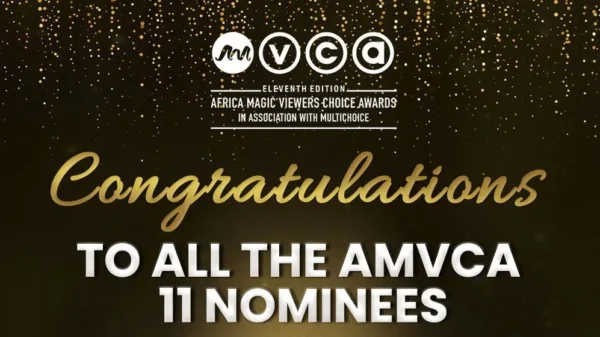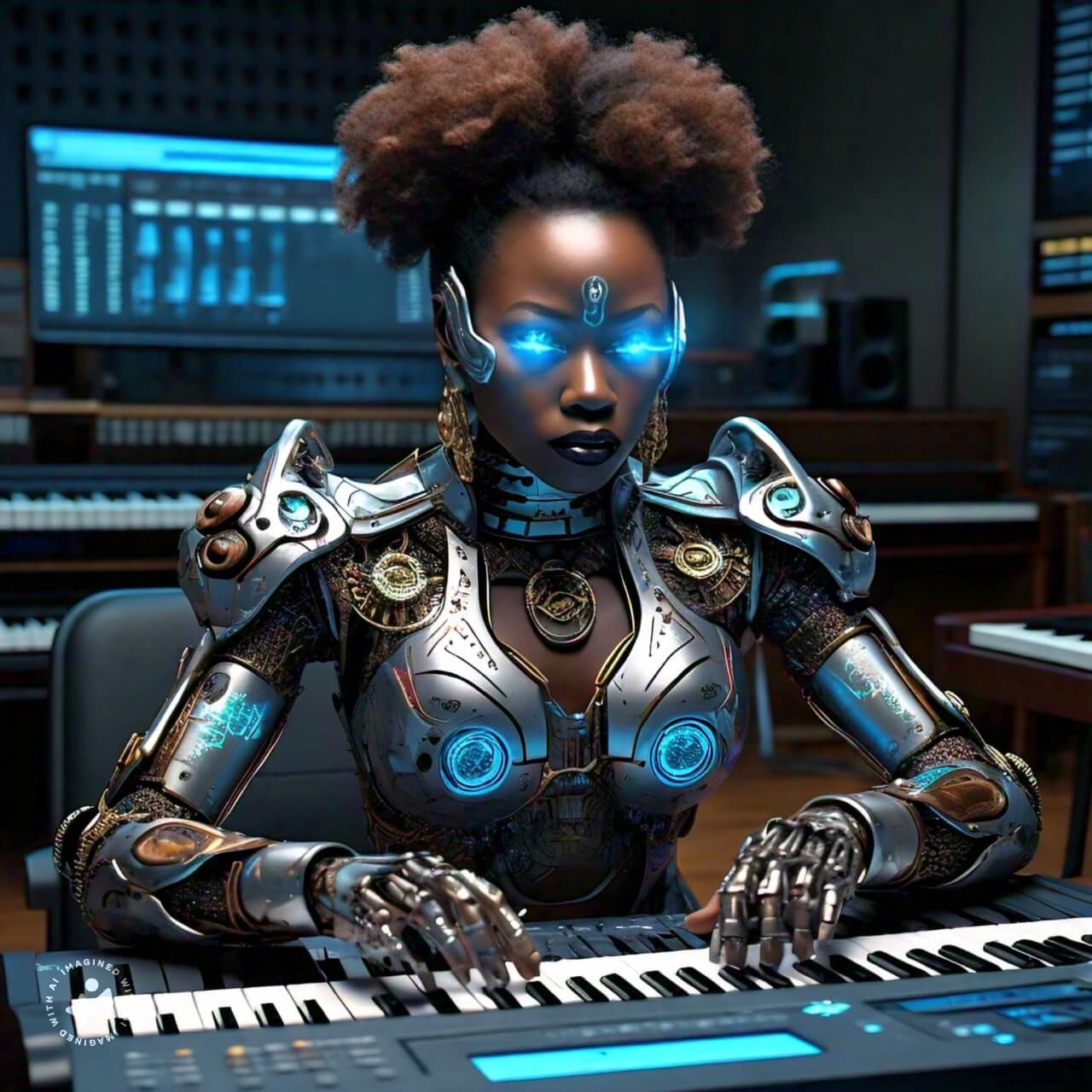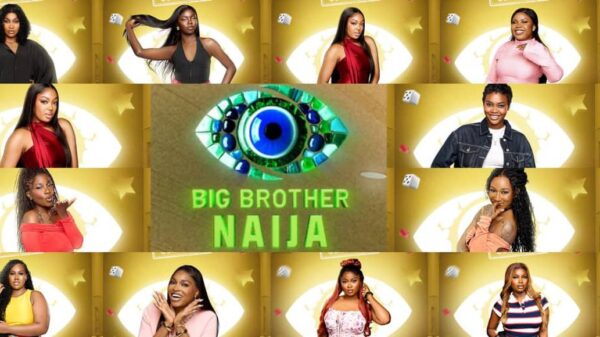By the end of this article, I will have convinced you without a doubt that my claim isn’t clickbait.
Have you ever wondered how music is made? From composition to production, music creation has always been an art form that requires skill, creativity, and Technicality.
But what if I told you that there’s a new player in town that can do the same process, more than 10x better and faster?
enter Ai:
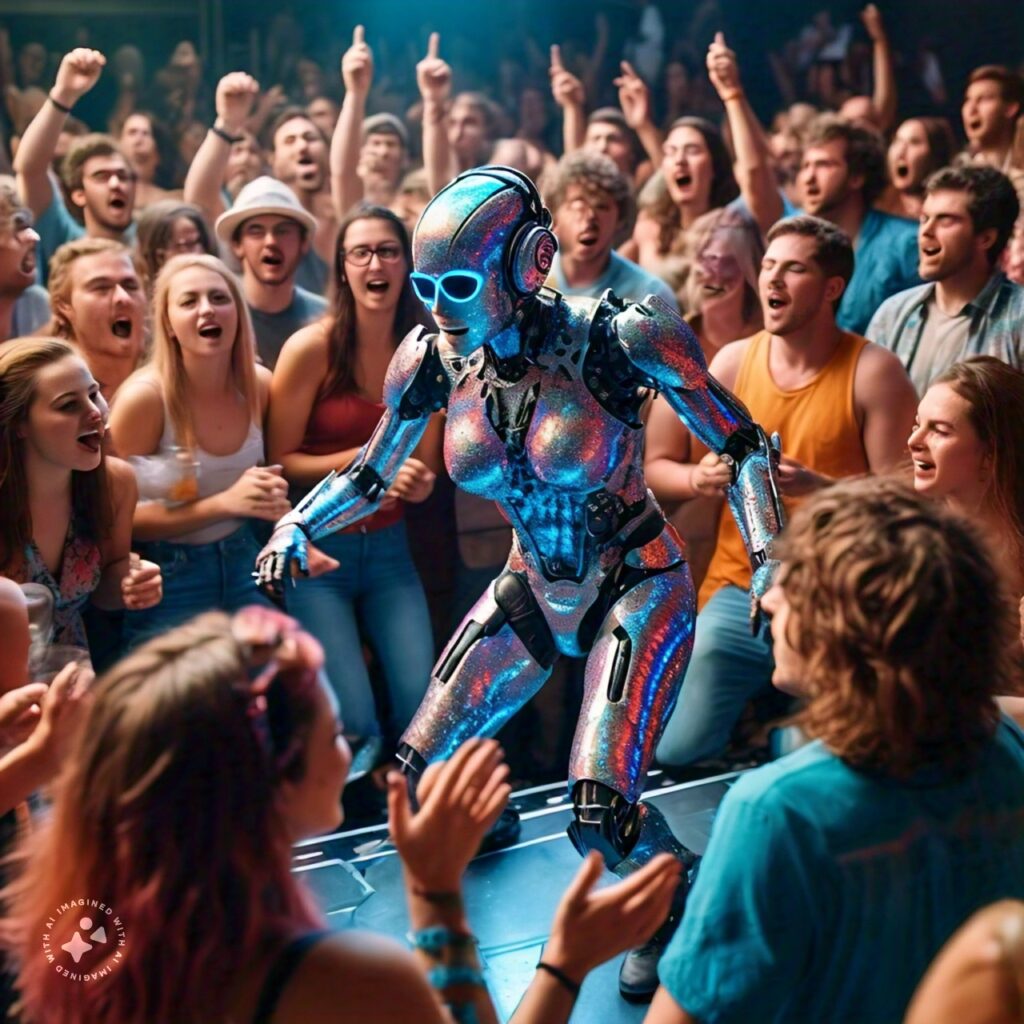
AI has been making waves in various industries, and music is no exception. With the rise of AI music-making tools, the music industry is on the cusp of a revolution. I predict that by 2030, would dominate the top 10 trending music charts.
But what does this mean for you a human artist? Can you survive in a world where machines can create music faster and more efficiently?
The Rise of AI Music-Making Tools–
Welcome to the future of music, AI music-making tools are taking the industry by storm, and it’s time to get familiar with them. Here are some of the most popular ones:
Top 5 AI music-making tools.
- Udio : This AI music production tool helps you create professional-sounding music without needing to be a pro.
- AIVA: This French startup uses AI to compose music for movies, video games, and even classical music. Their music has been performed by orchestras worldwide!
- Jukedeck: This AI music generation platform creates original music tracks for videos, ads, and more. They’ve even worked with big brands like Coca-Cola and Google!
- Suno: This AI music composition tool creates original music for films, TV shows, and ads. Their music has been featured in top TV shows like “Stranger Things”!
- Amper Music: This AI music composition tool allows you to create original music tracks in minutes. Yes, you read that right – minutes!
Example: Remember the viral hit “Daddy’s Car” by Grimes? It was created using Amper Music!
These tools are just the beginning. As AI technology advances, we can expect even more innovative music-making tools to emerge. now
Now, Let’s explore the positive and negative impacts of AI in music!
The Positive Impact of AI in Music
Artificial Intelligence (AI) has the potential to revolutionize the music industry in exciting ways, enhancing human artistry and creativity. Here are three key areas where AI can make a positive impact:
Assisting Music Production and Composition
AI algorithms can aid musicians and producers in various aspects of music creation, such as generating beats, melodies, and chord progressions. This assistance can help spark new ideas, save time, and allow artists to focus on other aspects of their craft. For example, AI-powered tools like Amper Music and AIVA can compose original soundtracks and scores, freeing human composers to focus on high-level creative decisions.
Providing New Sounds and Inspiration
AI can generate unique sounds, textures, and effects, expanding the sonic palette for musicians. By analyzing and combining different styles, genres, and influences, AI can also lead to fresh and innovative music. For instance, AI-powered plugins like iZotope’s Iris and Native Instruments’ Komplete can create new and interesting sounds, inspiring musicians to explore new creative directions.
Streamlining Music Distribution and Marketing
AI can help streamline music distribution and marketing, making it easier for artists to reach their audience. AI-powered platforms like AWAL and DistroKid can assist with music publishing, social media management, and fan engagement analysis, freeing artists to focus on their music. Additionally, AI-driven marketing tools like Next Big Sound and Soundiiz can help identify new business opportunities and optimize marketing campaigns.
The Negative Impact of AI in Music
While AI has the potential to enhance human artistry, there are concerns about its impact on the music industry. Here are three key areas where AI could have a negative impact:
Replacing Human Artists and Composers
AI-generated music could potentially replace human artists, especially in areas like background scores, advertising music, and video game soundtracks. This could lead to a loss of jobs and creative opportunities for human musicians and composers.
Homogenizing Music Styles and Creativity
Over-reliance on AI could lead to a homogenization of music styles, as algorithms may prioritize what’s popular over innovation and creativity. This could result in a loss of diversity and originality in music.
Disrupting the Music Industry’s Economic Structure
AI-generated music could disrupt the traditional music industry’s economic structure, potentially affecting royalties, copyright laws, and artist compensation. This could lead to a loss of revenue and financial stability for human musicians and industry professionals.
The Inevitable Dominance of AI-generated music
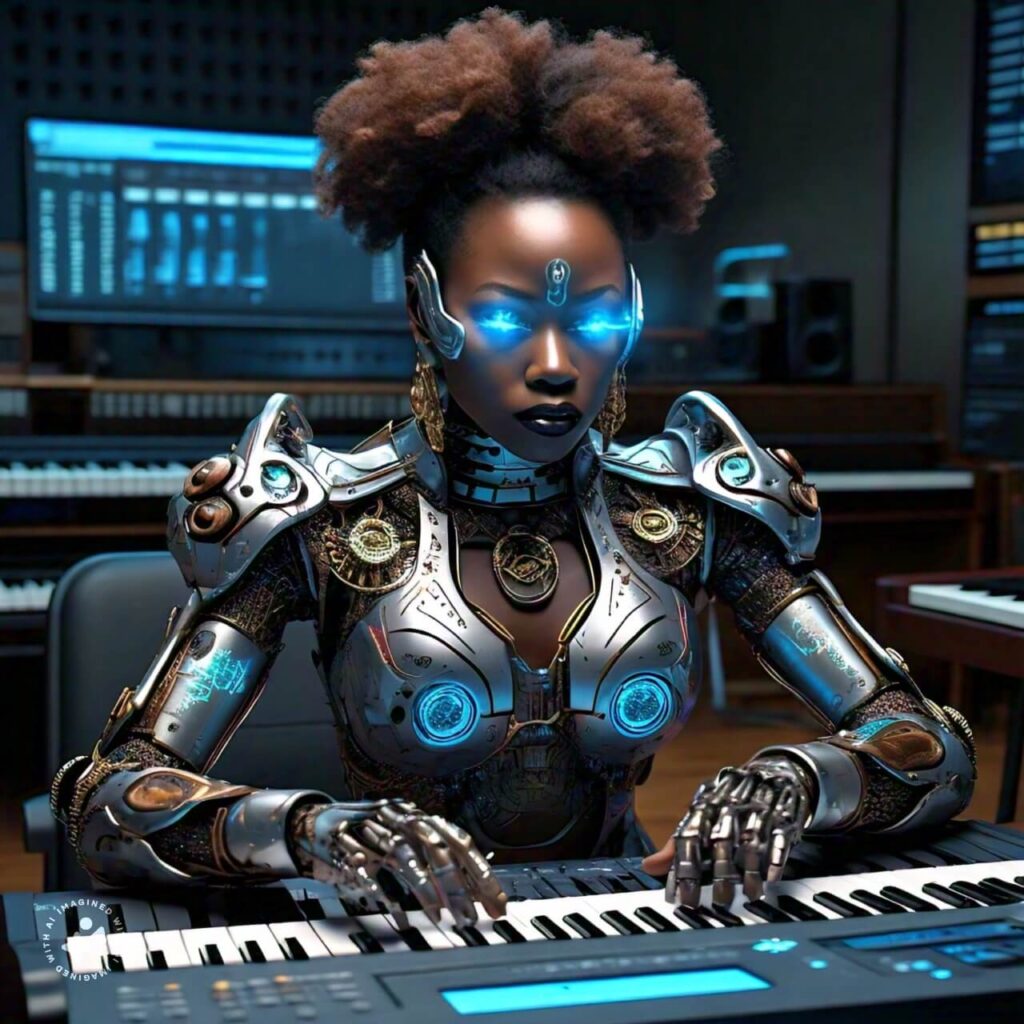
By 2030, AI-generated music will dominate the top 10 trending music charts. This may seem like a bold prediction, but consumer preferences and the demand for fast, high-quality music make it an inevitable reality.
Consumer Preferences and the Demand for Fast, High-Quality Music
Music consumers are increasingly seeking instant gratification, with streaming platforms catering to this demand. AI-generated music can produce high-quality tracks at an unprecedented pace, meeting the insatiable appetite for new content. Moreover, AI algorithms can analyze consumer preferences and adapt music to suit individual tastes, making it more appealing to listeners.
Fighting Back: How Artists Can Thrive in the Age of AI
While AI-generated music may dominate the charts, human artists can still thrive by adopting strategies that play to their unique strengths.
Building a Lifestyle: The Key to Artist Survival
To stay relevant, artists must focus on building a strong brand and fanbase. This means creating a lifestyle and aesthetic that resonates with fans, rather than just producing music. By doing so, artists can establish a loyal following and generate revenue through merchandise, live performances, and experiences.
Focusing on Live Performances and Experiences
Live performances and experiences offer a unique opportunity for human artists to connect with fans and create memorable moments. By focusing on high-quality live shows and immersive experiences, artists can differentiate themselves from AI-generated music and build a loyal fanbase.
Collaborating with AI Tools to Enhance Creativity
Rather than fighting AI, artists can embrace it as a tool to enhance their creativity. Collaborating with AI algorithms can help artists generate new ideas, explore fresh sounds, and streamline their creative process.
Embracing New Business Models and Revenue Streams
The music industry is evolving, and artists must adapt to new business models and revenue streams. This includes exploring alternative monetization strategies, such as subscription-based services, NFTs, and virtual events. By embracing these new opportunities, artists can thrive in the age of AI-generated music.
By adopting these strategies, human artists can not only survive but also flourish in a music industry dominated by AI-generated music. It’s time for artists to embrace the future and build a lifestyle that resonates with fans.
Conclusion.
The rise of Artificial Intelligence (AI) in the music industry has brought about a transformative shift, revolutionizing the way music is created, produced, and consumed. As we’ve explored in this article, AI’s impact on the music industry is multifaceted, presenting both opportunities and challenges for artists, producers, and industry professionals.



